5 Times the US Military Was Involved in the US Presidential Election
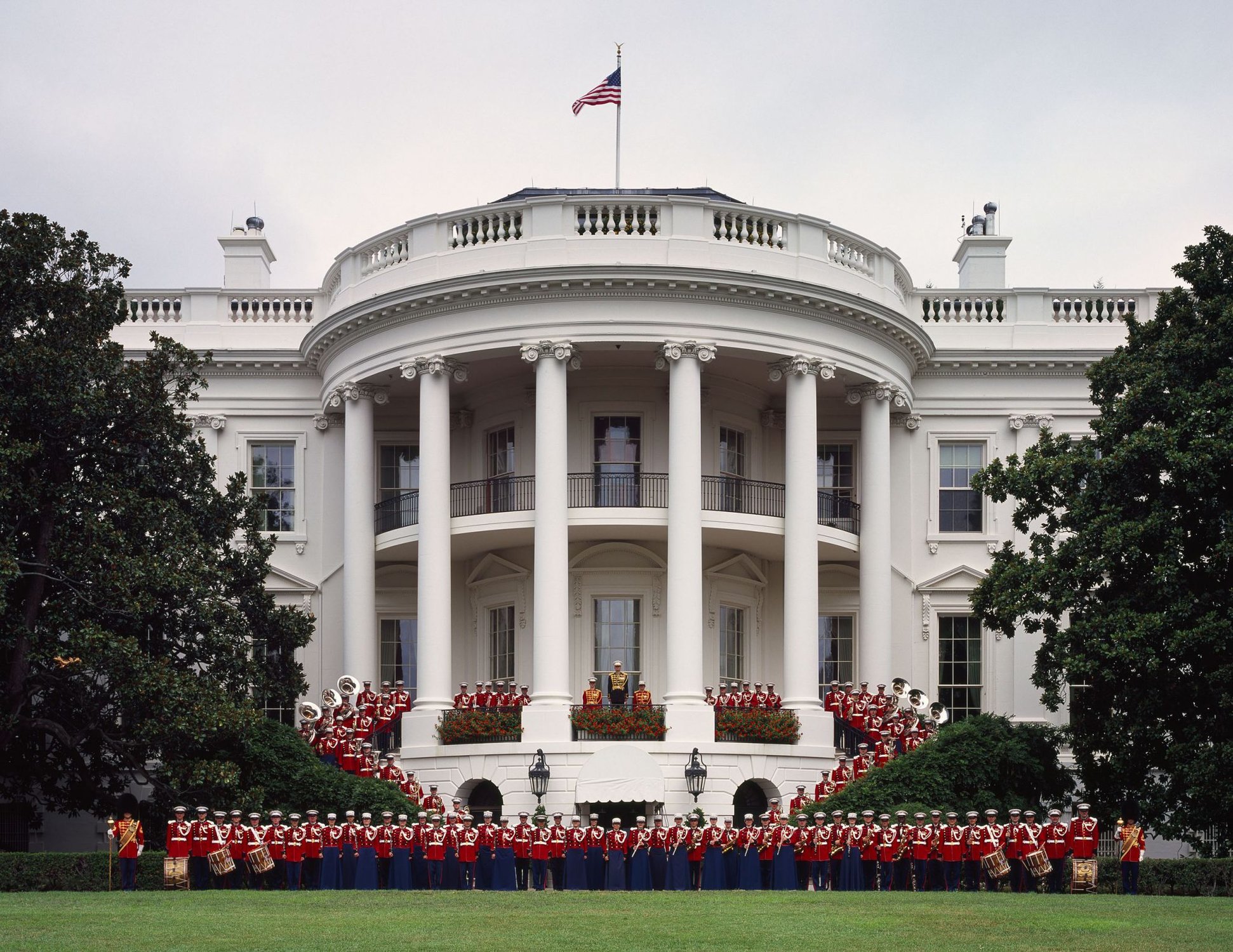
“The President’s Own” United States Marine Band, pictured here on the South Portico of the White House, is the oldest performing musical organization in the United States. It was established in 1798, and performs at the White House more than 300 times annually. Photo courtesy of Wikimedia Commons.
Election Day is upon us, and the growing fears of civil unrest and anarchy following the results of the 2020 US presidential election are very real. Either President Donald Trump and Vice President Mike Pence are going to be reelected for a second term, or Democratic hopeful and former Vice President Joe Biden and his running mate, Kamala Harris, will replace them in the Oval Office.
During the 244-year history of the United States, there have been times when the US military has had a role during election season, however limited. From a federal law established for the purpose of responding to a national emergency to mail-in voting first established during the American Civil War to cybersecurity and a Marine Corps tradition — here are five times the US military was involved during a presidential election.
Insurrection Act of 1807
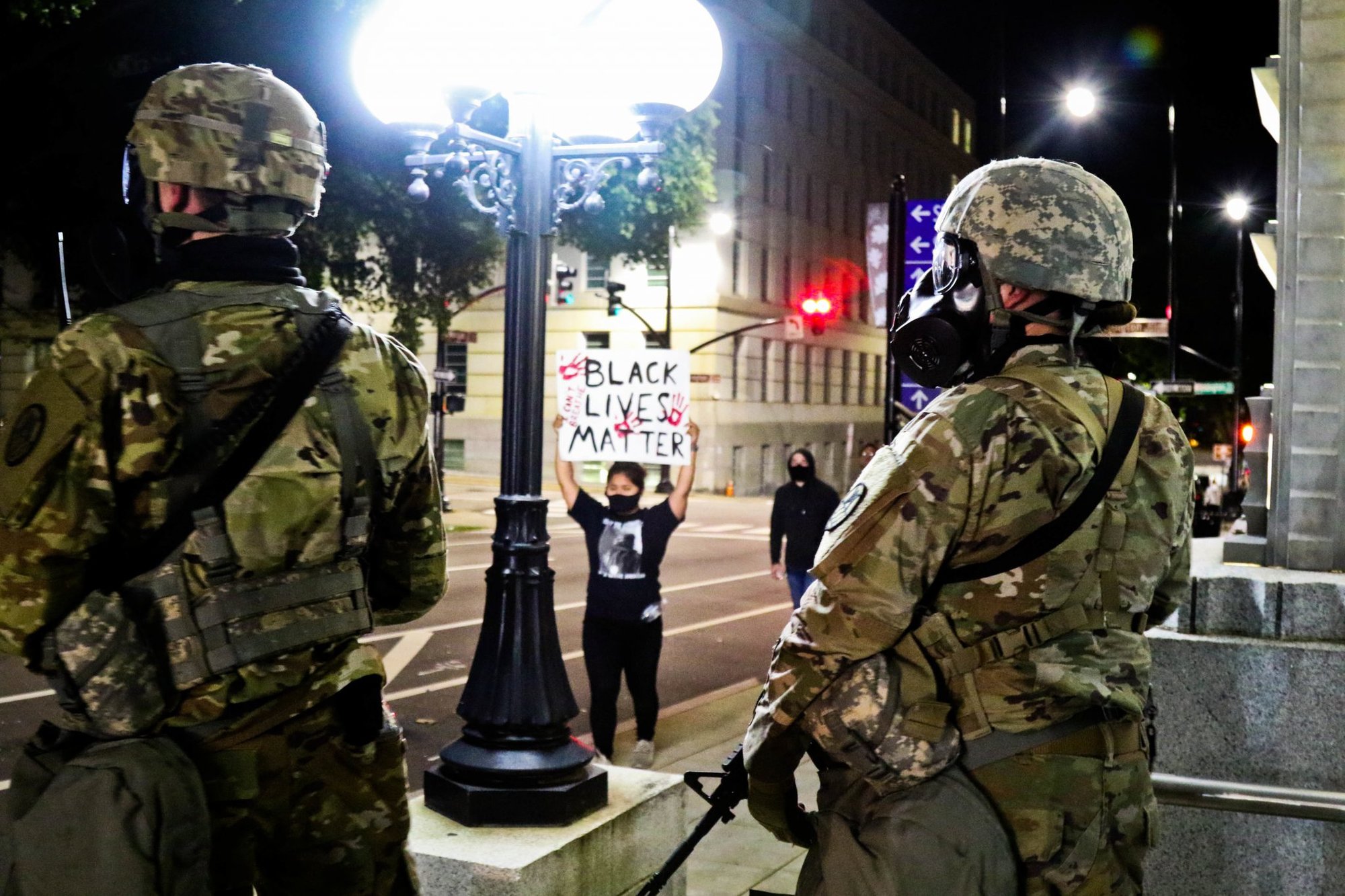
The Insurrection Act of 1807 was signed by Thomas Jefferson to foil a plot by former Vice President Aaron Burr. Burr’s intentions were to build an army in the Louisiana Territory and invade Mexico to conquer and claim the land. Jefferson proposed to Congress to pass a bill “authorising the employment of the land or Naval forces of the US in cases of insurrection.” This gives sitting US presidents the authority to deploy active duty military troops or the National Guard to resolve a crisis. It’s an exception to the Posse Comitatus Act of 1878, which prevents federal military participation in domestic law enforcement duties.
The US Army wasn’t, in fact, used to capture Burr because he was already in custody for 11 days before the act officially went into effect. Although the Insurrection Act of 1807 has been invoked for a number of occasions throughout history — notably at least eight times during the 1960s civil rights era — it hasn’t yet occurred during a presidential election in the modern era. And since 1967, it has been invoked at the request of a state rather than independently by a serving US president. Despite its rare implementation, its relevance in terms of the 2020 presidential election has sparked conversations about its usage in the future.
Soldiers Vote Absentee
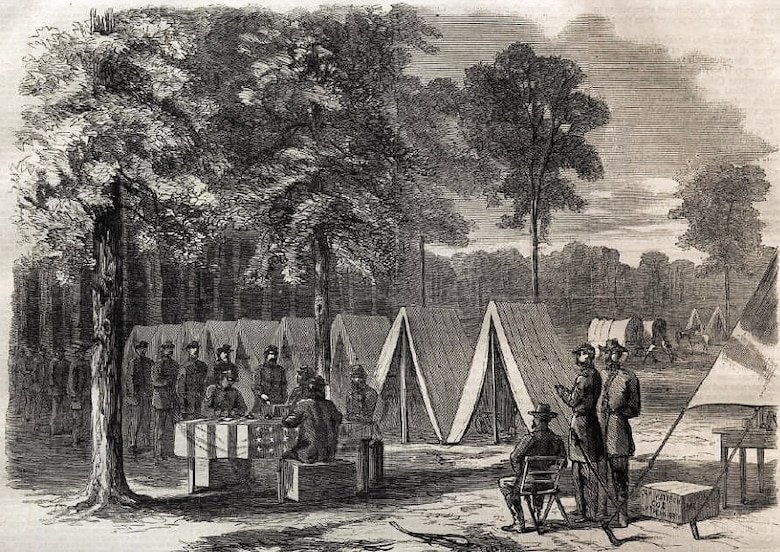
The United States has never delayed a presidential election. Even in 1864, while in the midst of the American Civil War, soldiers were allowed to cast their votes absentee. Instead of voting at a polling station, they filled out ballots right there on the battlefield.
The Soldier Voting Act of 1942 allowed the capacity for all US troops serving overseas during World War II to submit their ballots from abroad. The roots of mail-in voting have a long history, and given the risks associated with the COVID-19 pandemic, it’s a present solution to a problem first experienced over 150 years ago.
The October Surprise
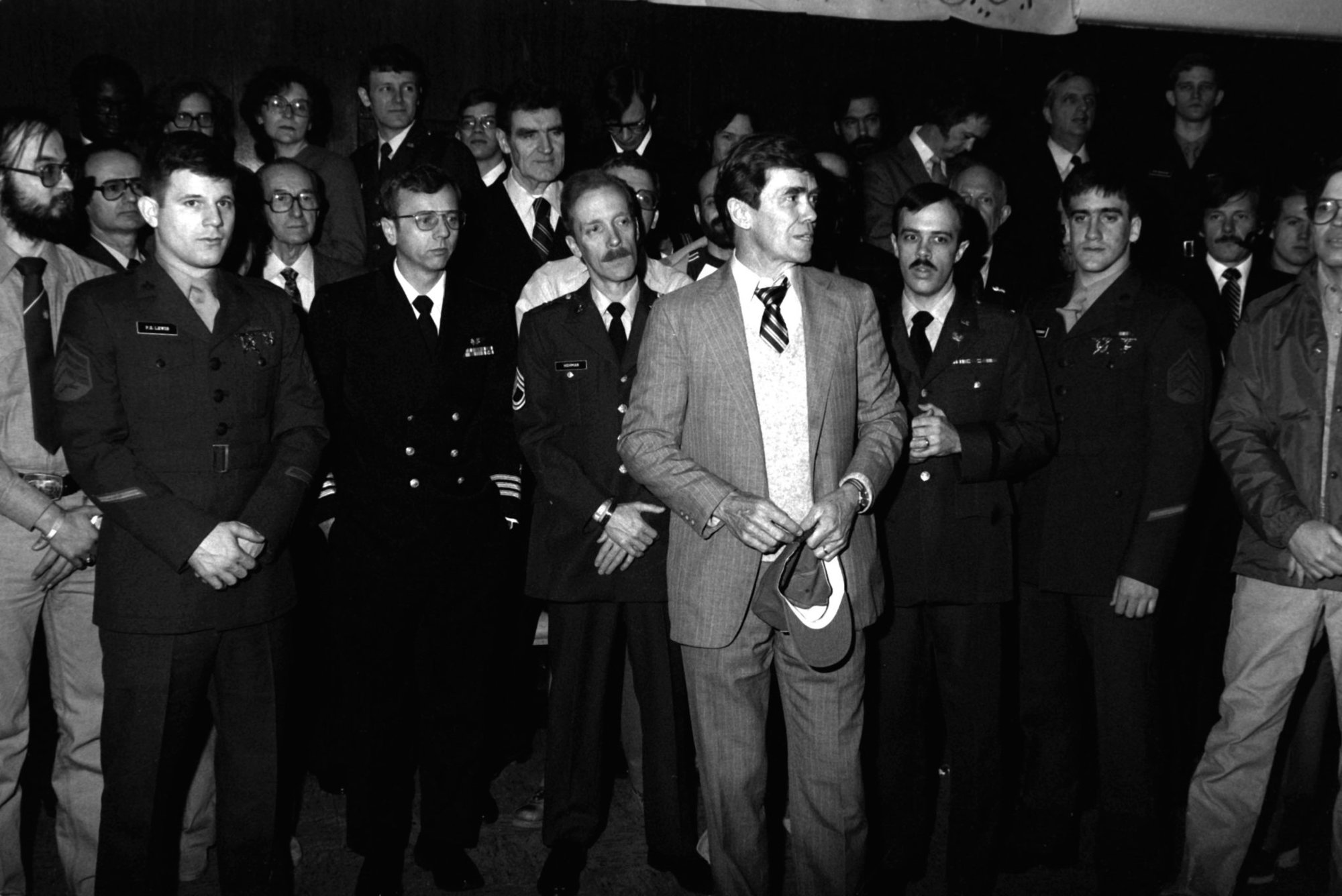
In the months leading up to the 1980 presidential election, Iran announced that 52 American hostages being held in Tehran since Nov. 4, 1979, weren’t going to be released until after the election results were finalized. President Jimmy Carter launched Operation Eagle Claw in April 1980, which later infamously became known as the Desert One Debacle.
News of the failed rescue attempt increased tensions over Carter’s mishandling of the crisis. It became known as the “October surprise” — an event occurring in the final weeks of a presidential election that was viewed to influence voters’ decisions. A conspiracy theory alleges that Ronald Reagan was in cahoots with the Iranian government to stage the delay in order to sway voters in his favor. These claims, however, are unsubstantiated.
The hostages were released minutes after President Ronald Reagan’s inauguration in 1981.
Cyber 9-Line
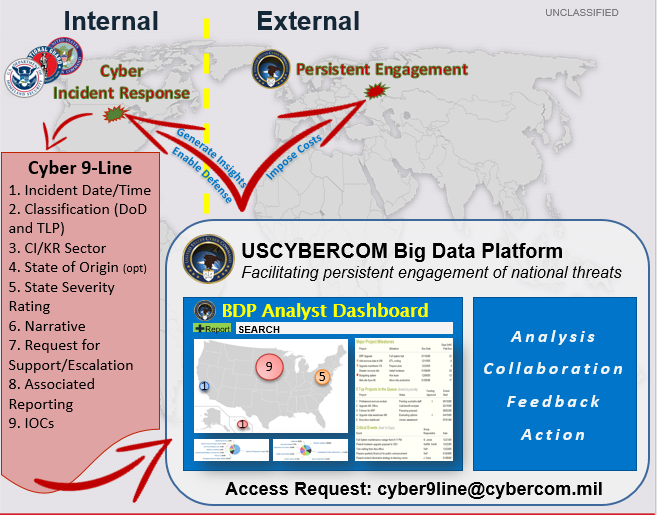
A 9-line is a way for medics from the US military to accurately report injuries sustained in combat. With growing concerns of foreign meddling by the usual suspects — Russia, China, North Korea, and Iran — the US Cyber Command established a Cyber 9-line to respond to such cyberattacks.
The Cyber 9-line, created as recently as 2019, is a template of nine questions National Guard members can use to communicate a suspected cyber incident to the US Cyber Command. In an effort to defend the 2020 presidential election from foreign interference, cyber experts nationwide are tasked with keeping the increasingly evolving digital space safe.
US Marine Corps Band
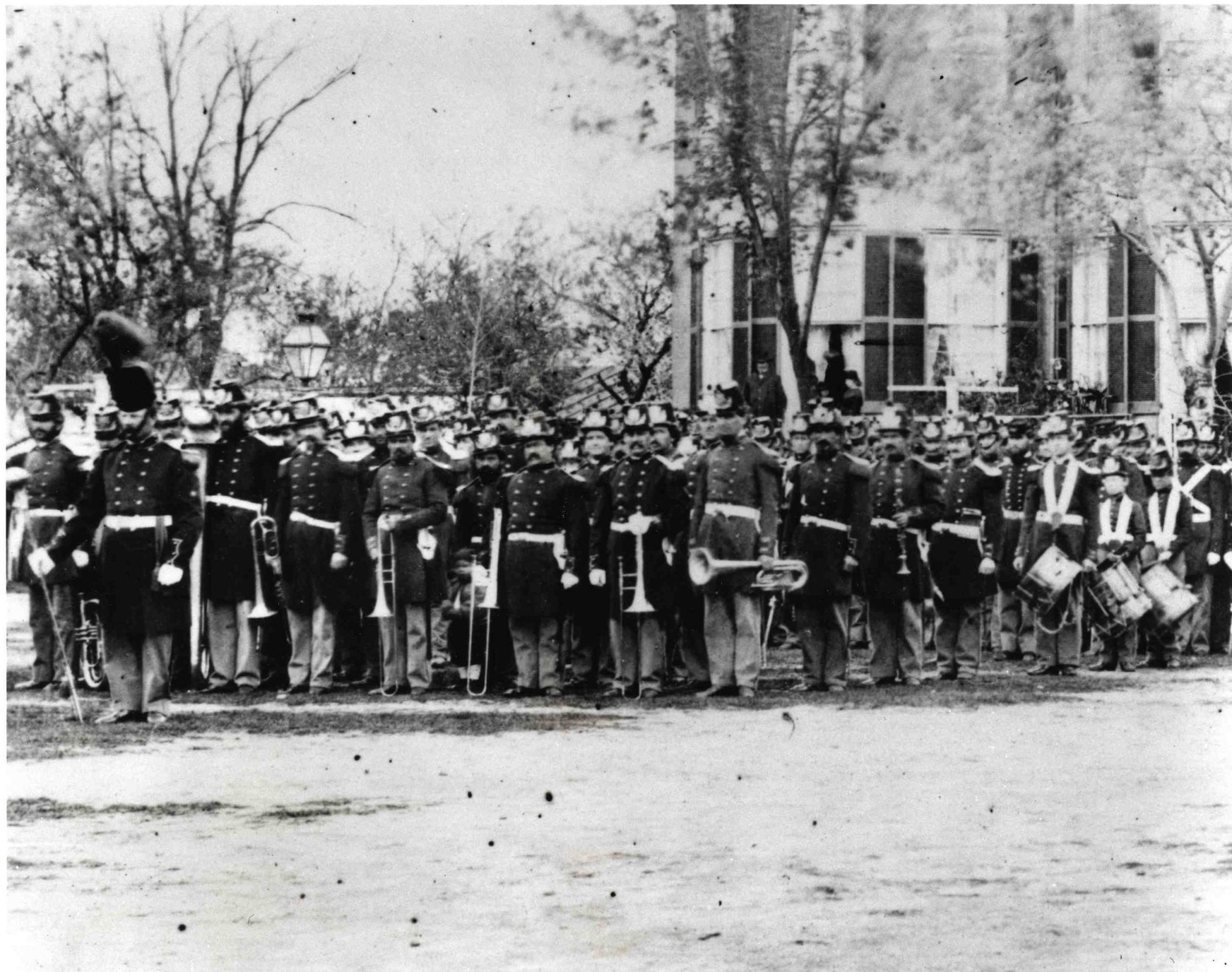
Coined “The President’s Own” by President Thomas Jefferson at his inaugural on March 4, 1801, the United States Marine Corps Band has a primary purpose of providing the music for the president. The oldest continuously active professional organization in the country, the band made its White House debut on New Year’s Day in 1801 at the invitation of President John Adams.
The director of the Marine Band acts as the musical adviser to all state and official functions. John Philip Sousa, the Marine Corps Band’s most famous leader, took command in 1880. “The Marine Band is virtually the National Band and the band that should be as great among bands as America is among nations,” Sousa later said.
Sousa promoted excellence, and through his leadership he earned the title of “March King.” In 2008, President George W. Bush became the first US president to conduct the band at the White House Correspondents’ dinner. In homage to Sousa’s “The Stars and Stripes Forever,” Bush, in his final farewell, acted as the band’s conductor.

Matt Fratus is a history staff writer for Coffee or Die. He prides himself on uncovering the most fascinating tales of history by sharing them through any means of engaging storytelling. He writes for his micro-blog @LateNightHistory on Instagram, where he shares the story behind the image. He is also the host of the Late Night History podcast. When not writing about history, Matt enjoys volunteering for One More Wave and rooting for Boston sports teams.
BRCC and Bad Moon Print Press team up for an exclusive, limited-edition T-shirt design!
BRCC partners with Team Room Design for an exclusive T-shirt release!
Thirty Seconds Out has partnered with BRCC for an exclusive shirt design invoking the God of Winter.
Lucas O'Hara of Grizzly Forge has teamed up with BRCC for a badass, exclusive Shirt Club T-shirt design featuring his most popular knife and tiomahawk.
Coffee or Die sits down with one of the graphic designers behind Black Rifle Coffee's signature look and vibe.
Biden will award the Medal of Honor to a Vietnam War Army helicopter pilot who risked his life to save a reconnaissance team from almost certain death.
Ever wonder how much Jack Mandaville would f*ck sh*t up if he went back in time? The American Revolution didn't even see him coming.
A nearly 200-year-old West Point time capsule that at first appeared to yield little more than dust contains hidden treasure, the US Military Academy said.












